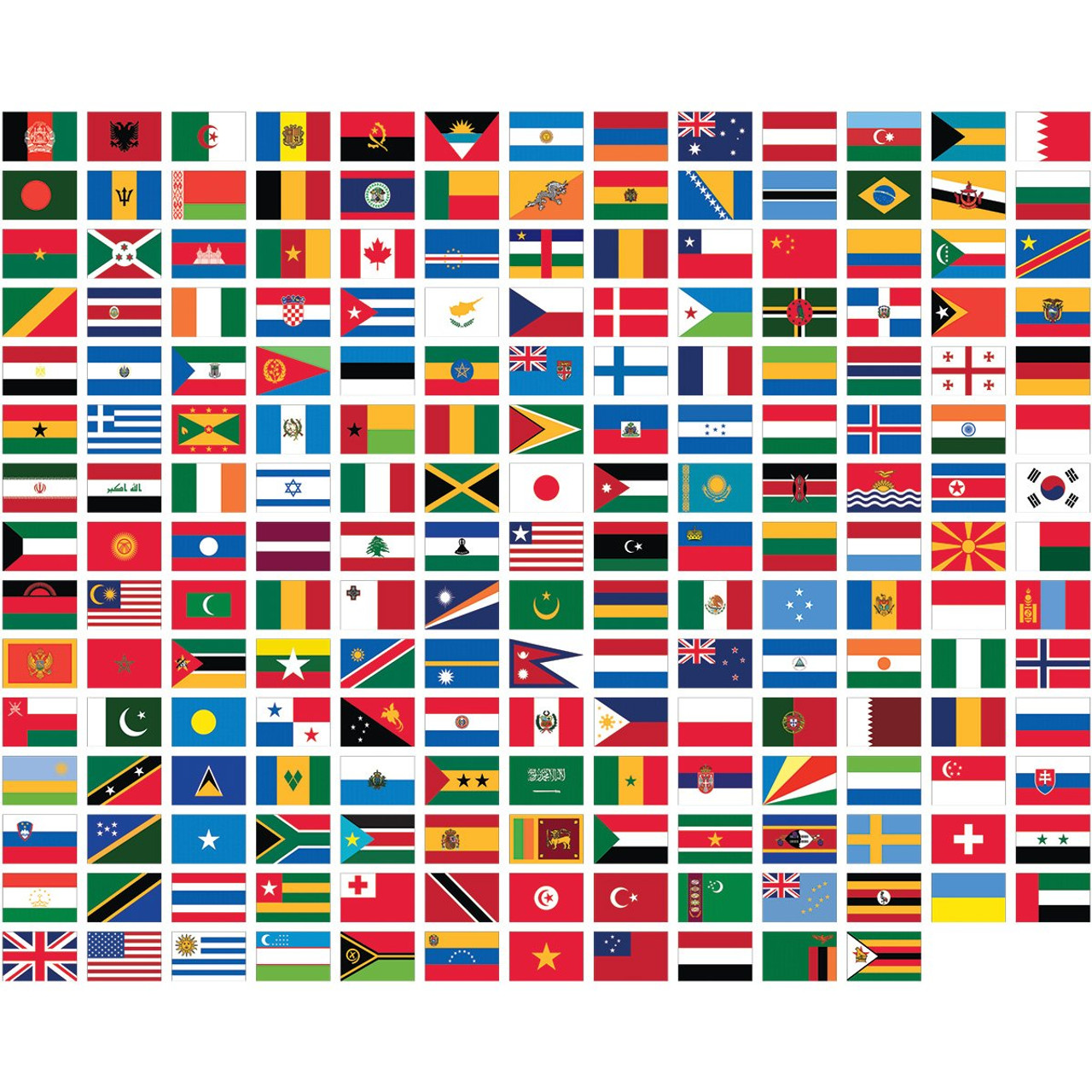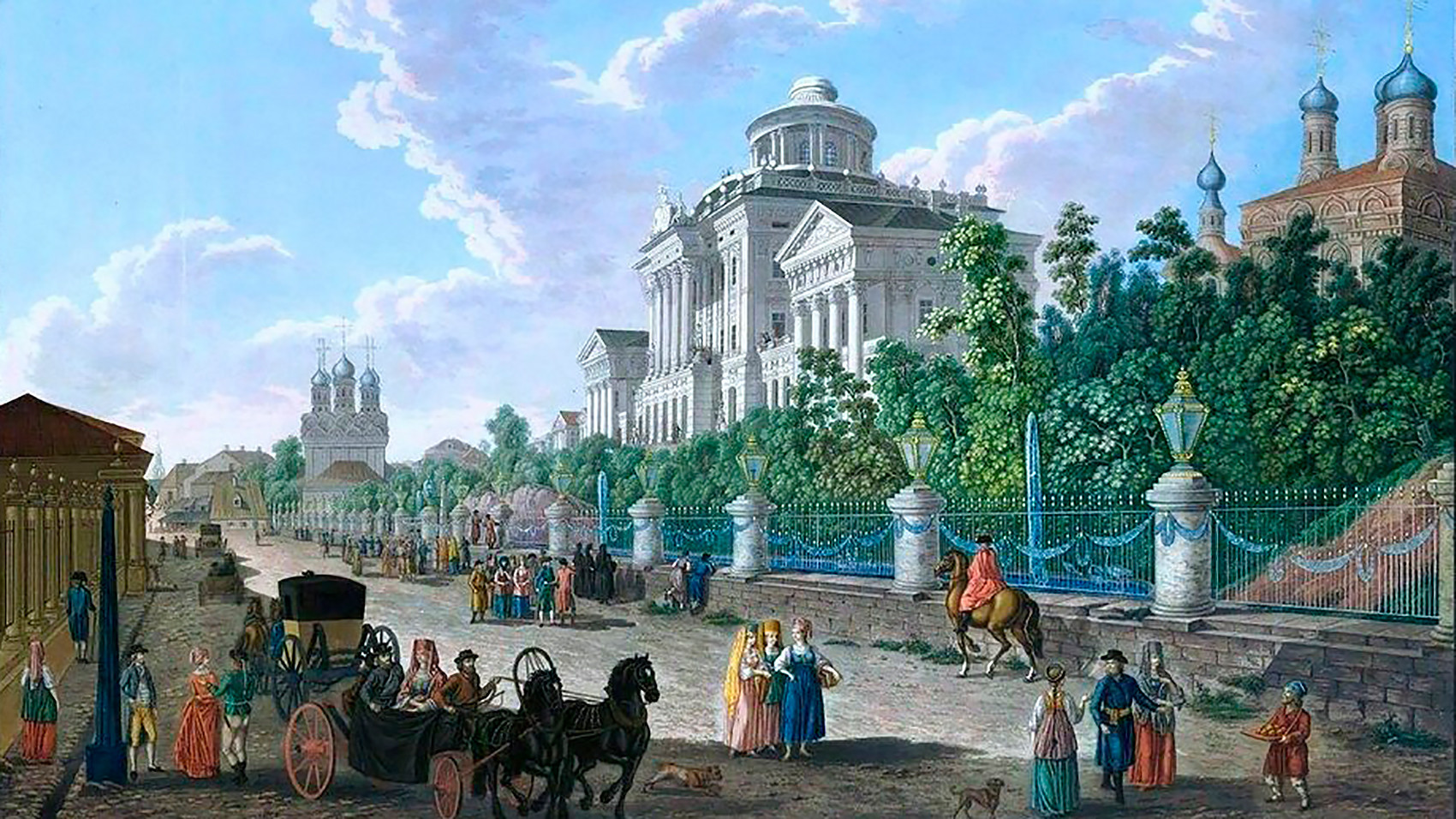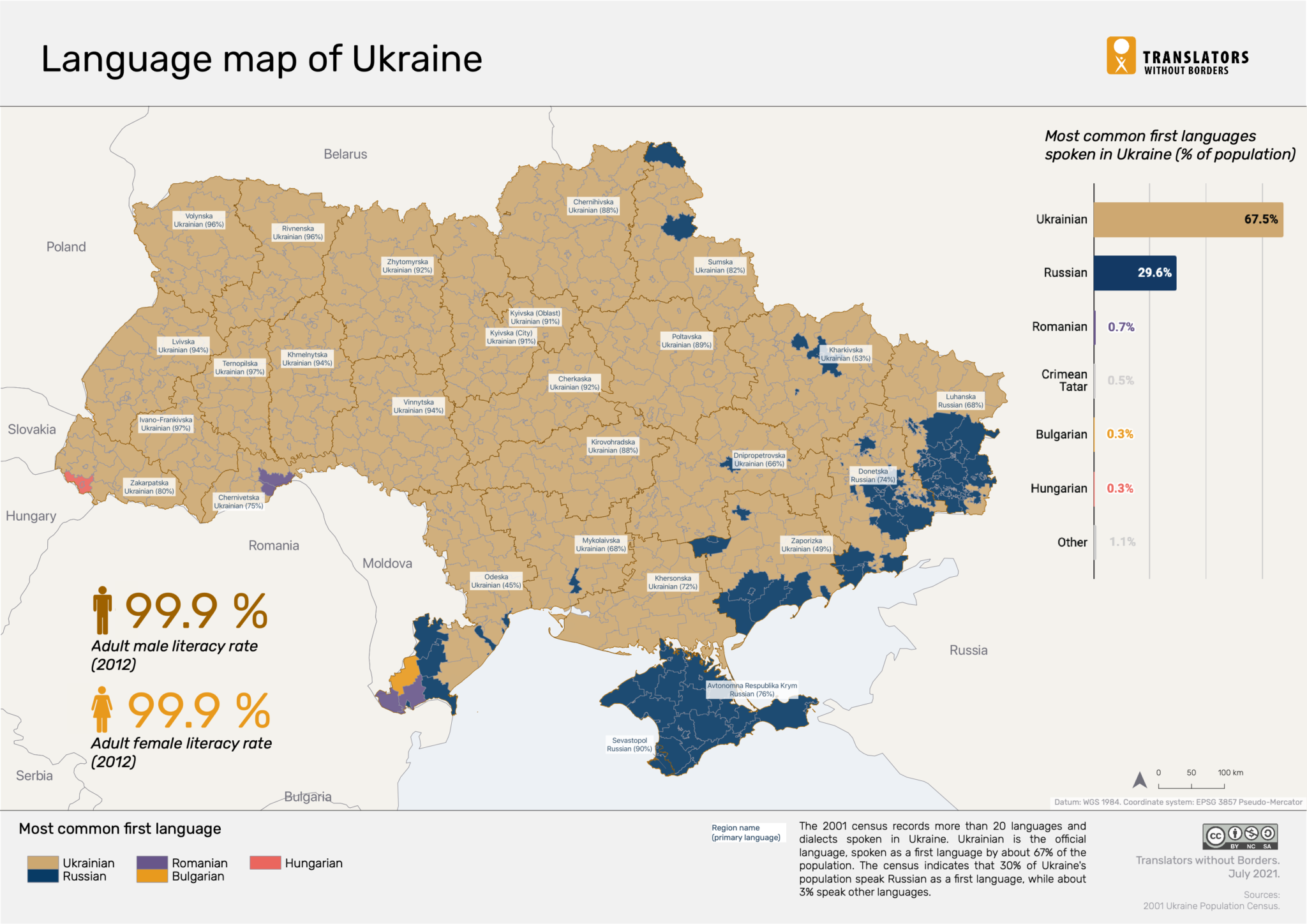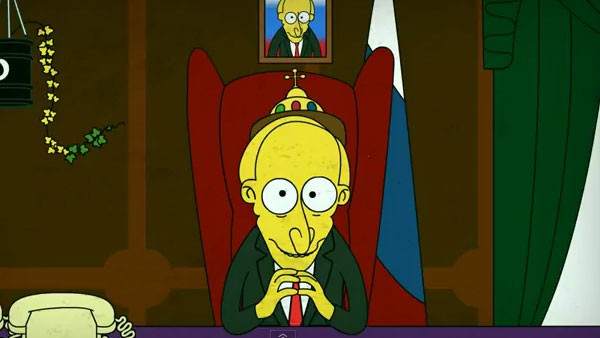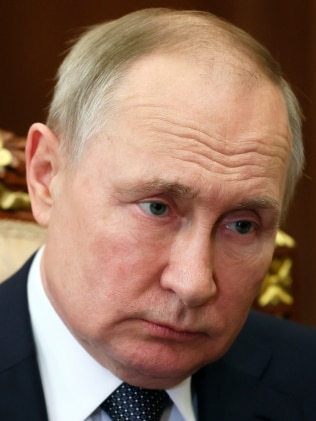Ukraine has a peculiar division between its people that stems from different history of different parts of what is nowadays de-jure Ukraine. The root cause of that was a policy similar to Plantation of Ulster, that was practiced by Russian empire and later USSR.
I will begin with a little background on what Plantation of Ulster was. Back during Stuart dynasty reign in what is now UK there was a significant population transfer from England and Scotland to the Ulster province of Ireland. The idea was to replace local Irish people with settlers because rulers at the time saw Irish as undesirable and wanted population that is more loyal to the crown and to their landlords.
Many locals were dispossessed of their land and displaced, native chiefs had to flee to Europe. Some natives were likely killed and were driven to extinction due to loss of their land to settlers. Those who survive would not simply forgive this offence against their people. There were several uprisings in Ireland against British rule and against plantations, but they were crushed by the crown.
In UK itself Stuarts' reigns eventually ended after the Civil War and the Glorious Revolution. Ulster Plantation policy was abandoned and eventually forgotten. New UK had more important things to care about.
However, consequences of this policy continue to haunt Northern Ireland ever since. Descendants of settlers from Great Britain did not integrate with the rest of Irish society but formed their own Protestant community. Native Irish did not accept them either. Thus, mutual animosity ensured. This animosity continues to this day and each community would rather destroy the entire country than accept someone from the opposite camp as the leader.
Overtime reasons for this animosity were forgotten and were replaced with a more simple and modern monikers. Protestant vs Catholic or even Nationalist vs Unionist. Subconsciously however each side remembers past grievances and refuses to forgive, forget and move on.
It would be naive to simply dismiss Northern Ireland dispute as some silly absurdity like Jonathan Swift did in his books. Both sides cling to a group tribalism and subconsciously want to eliminate the other group even if they do not consciously remember what makes them so different or hated. Settlers will always be outsiders who took their land from locals, so instinctively Nationalist want to drive settlers out. In contrast Unionists want to complete The Plantation and drive all natives extinct so secure their community and their place on this land. Both sides see the other side as a threat and will not rest until they are gone.
Even when modern UK long gave up on Ireland. Absolute majority do not understand Northern Ireland at all, and phrase Northern Ireland problem became figure of speech for an unsolvable absurd problem. Needless to say, most Brits want nothing to do with Ireland. Ulster Unionists however cling to their ties with UK like their lives depend on it. After all these years they still expect the Empire that planted them in Ireland to protect them from the natives they displaced to make plantation happen.
Ukraine and many other parts of former USSR and Russian Empire were subject of Russian plantations. There was no formal policy to that end (unless its classified), but many agree that Russian and Soviet actions do amount to this.
Just as with Ulster, Russian Emperors and Soviet leaders wanted to replace disloyal and hostile locals with loyal, pliant and agreeable people from Russia proper. Defining feature here became language, locals all had their native languages they communicated with each other. In contrast setters could only speak Russian.
Just like Unionists in Ulster, Russophones across the Empire ended up forming their own closed monolingual communities and developing mutual animosity with locals. The same dynamics as in Ulster pit two communities against each other. Mutual distrust and hatred over past grievances remains. Ukrainophones want to defend their land from settlers and settlers want to completely displace and eliminate natives.
Unlike Ulster, only some have forgotten the original reasons for their animosity. For example, in Latvia where most Russophone settlers have settled only during the Soviet times. Most still remember how it happens and thus settlers openly identify as Russians and see Russia as their protector against locals were sent to displace, dilute and eliminate.
In Ukraine most settlers settled during 19th century and after many generations settlers have forgotten where they originally came from and started to believe they are Ukrainians. USSR only encouraged them to think this way, believing this way of thinking would allow them to convert natives to their mentality.
Khruschev even gave Crimea to Ukraine to further strengthen settlers in relation to natives. The aim was that Crimea/Donbas/Kharkiv block ensure settlers domination over the natives in politics.
Despite identifying as Ukrainian, settlers understanding of what a Ukrainian is however is vastly different from that of the natives. For example, natives see Ukrainian language as core of their culture and identity, settlers on the other hand see Ukrainian language as an outdated dialect of Russian language that uneducated provincials speak. Natives see people like Stepan Bandera and Ivan Mazepa as heroes who fought for Ukraine's interests and freedom. Settlers see one as traitor and the other Nazi collaborator instead. The list goes on.
When Russian Empire and USSR were still strong, settlers enjoyed government support, protection and privileged treatment compared to natives. Natives were forced to learn Russian as second language. Government encouraged natives to abandon their native languages and identities in favor or Russian one and assimilate with settlers and greater Russian and later Soviet identity and culture. While some did take the offer of assimilation, at large native languages, cultures and traditions did persevere.
That changed when USSR started to collapse. Natives saw it as an opportunity to seize power in their countries and turn tables on the settlers. Settlers, fearing natives, cling to Soviet power and became one of the fiercest defenders of the August coup and preservation of USSR.
Latvia, Lithuania and Estonia saw clashes between natives who took control of the countries and the settlers who supported USSR. Natives formed People's Fronts and settlers Interfronts. Coup failed and natives managed to entrench themselves. Their new policies now aim to either assimilate or push out Russophones from their countries. Russophones resist these policies, protest and accuse native government of discrimination.
In Moldova, settlers created breakaway Transnistria to retain some power as natives took control in Chisinau. Transnistria continues Soviet era policies to maintain settlers' rule over natives, much how original Unionist Northern Ireland self-government did until The Troubles.
Compared to Baltics and Moldova, Ukraine was somewhat slow to arrive at the same divisions. Reasons for that is that in border regions between natives and settlers' strongholds there are enough people who could understand both sides and somewhat bridge the gap between them. Kuchma, who was president between 1994 and 2004 was one such person whom both natives and settlers could if not like then at least accept and tolerate.
However, Kuchmism could not address fundamental differences between sides, only postpone the conflict. After years of compromises under President Kuchma, who more or less understood where each side is coming from and could balance out their interests, the division came to a fore with 2004 presidential election contest between Yushchenko and Yanukovych. Yushchenko represented locals, Yanukovych settlers.
In the end each get to rule one after another. Both were utterly hated by the opposing camp. Russophones mostly from Crimea/Donbas/Kharkiv block spew hatred at Yushchenko and "oranges" who supported him, already then calling them Nazis for simply wanting to promote Ukrainian language and culture.
In the end Russophones managed to block most of Yushchenko initiatives and interfered in his presidency to prevent him achieving much during his tenue. One year out of Yushchenko's 5 years of presidency Yanukovych was prime minister because Russophones bribed one small party to defect from Yushchenko supporters to Yanukovych.
Yanukovych tenue as president was not any better with hatred how came from wide area between Galicia and Poltava. Disputes over language, history, Russian military bases, history, NATO and EU were rife his whole term. Protests were frequent and ever stronger and stronger. Yanukovych's agreement with Putin and Russia on culture, history and most other issues make him a Kremlin puppet and a colonial governor from Moscow instead of Ukrainian president in the eyes of the natives.
Eventually these issues led to Euromaidan revolution. Natives overthrew Yanukovych, Russophones protested. It could have evolved into a civil war, but Russophones are more of armchair warriors than actual insurgents. Instead, Russia interfered on behalf of the settlers. Russian special forces took over some Ukrainian oblasts and failed to do so in others. All that evolved in annexation of Crimea and 2014 War in Donbas.
Russia created DNR and LNR and tried to make them into nations for Ukrainian Russophones that would be able to fight Ukraine on their own. That failed and Russia decided to invade Ukraine directly with its own army.
Here I need to mention that Russia does not play a neutral role, willing to negotiate fair peace between sides, like UK did during The Troubles. Instead, Russia actively aids settlers and want to make sure they end up dominant group in Ukraine. Russia uses settlers' rhetoric and calls natives Nazis for simply using Ukrainian language. Ultimately, they want to install settler president/dictator and turn Ukraine into a second Belarus, where natives are suppressed and treated as second class citizens and even using nominally official Belarussian language in public can get one arrested. Realizing that would be their fate if they surrender, Ukrainians continue to fight Russia.
Nonetheless unlike Ireland, Ukraine is not an island, and borders can be re-drawn so that settlers' majority areas are given to Russia and native's rule in Ukraine is not disputed any further. Ukrainian people deserve their own country, they should not just go extinct like Scythians or Hittites, or how Belarussians soon might be. Natives won the war and stopped Russia just like Finns did in 1940.
Last but not least, natives are pro-western, and their country will make a good partner for the US and EU. EU will be much stronger with Ukraine in its ranks. In contrast settlers would like to install another corrupt "second last dictator of Europe" similar to Lukashenka in Belarus, who would violate international order and deliberately ship fake refugees to European borders. One Lukashenka in Belarus already created enough problem for Europe so creation of a second one should be opposed with military strength.
